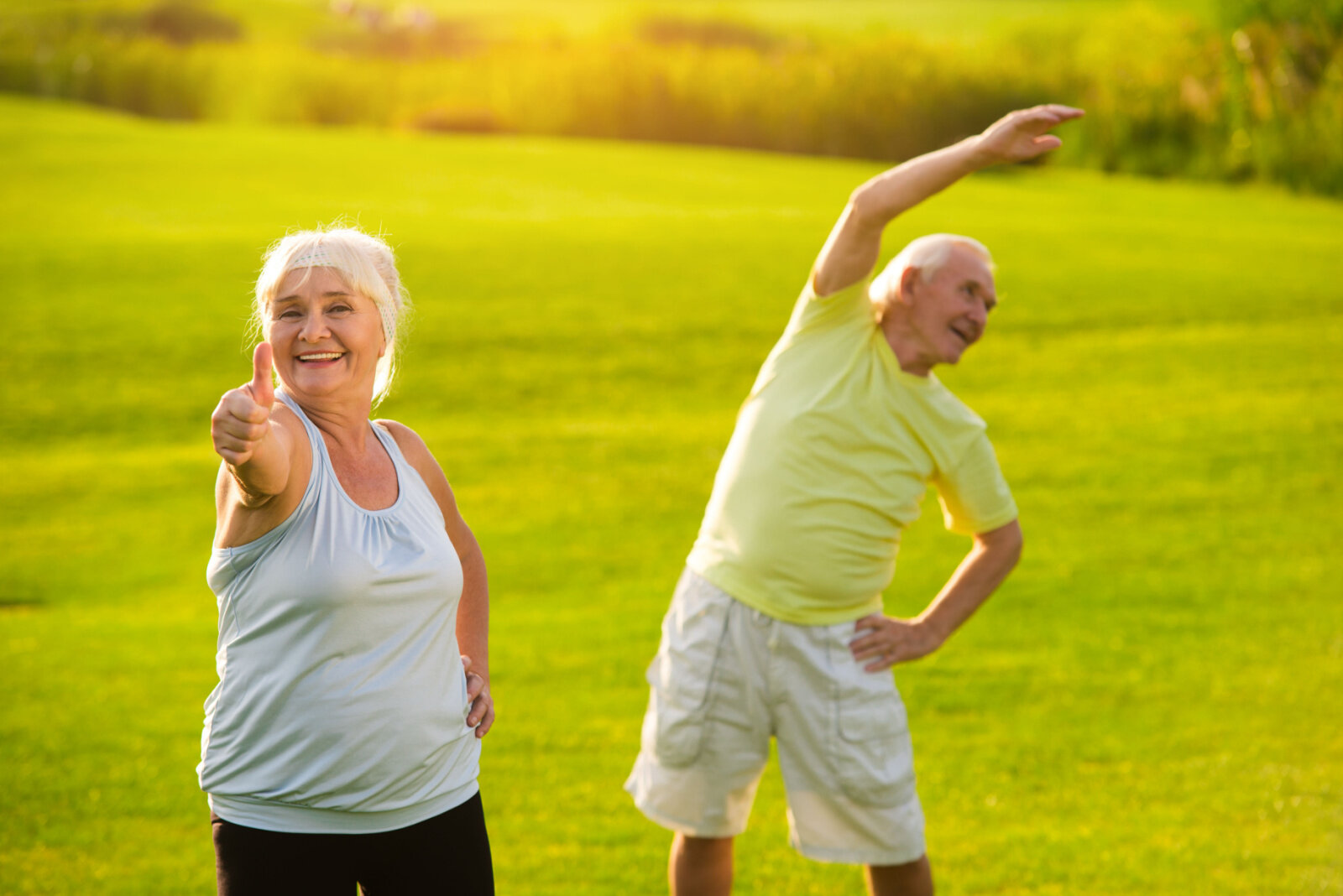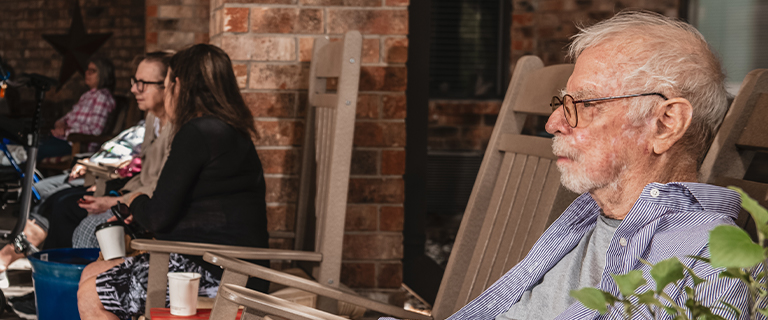Supporting Immune Health in Older Adults
Aging causes our immune system to slow down. As a result, older adults may heal more slowly, are more vulnerable to illness, and have a greater risk of developing autoimmune diseases. When the immune system is weakened, our bodies are less effective at identifying and responding to sickness or defects.
Fortunately, there are simple lifestyle choices older adults can make to support their immune system. Strengthening the immune system can help you live life to the fullest.
Enhancing Your Diet
Malnutrition is sadly common in older adults and can contribute to many health problems associated with aging. Nutrition is crucial to fueling the immune system and maintaining health functions.
Seniors who have difficulty eating, whether it’s the types of foods or the amount, should talk to their doctor or a registered dietician. Of course, eating a balanced, nutrient-rich diet is essential at any age. Still, it’s particularly crucial for maintaining health in aging adults.
Nutrient needs can be unique to individuals, so getting personalized advice about your diet needs is important. But seniors can get started with specific nutrients that play a significant role in immune health, including:
- B vitamins are essential for maintaining a healthy metabolism, nervous system, and immune system. Riboflavin (vitamin B2) deficiency is common in older adults. Food sources of B2 include nuts, green vegetables, meat, and dairy products.
- Vitamin C is an antioxidant that can strengthen the immune system by preventing oxidative stress. Vitamin C is found in many fruits and vegetables, especially red, orange, or citrus fruits.
- Zinc is an essential mineral that supports many bodily functions, including immune function, healing, and skin health. It’s also crucial for your sense of taste and smell. Food sources include shellfish, meat, legumes, poultry, dairy products, and whole grains.
One diet-style seniors may benefit from is the Mediterranean diet. Based on countries bordering the Mediterranean Sea (including France, Spain, Greece, and Italy), the food focuses on whole grains, fruits, vegetables, seafood, beans, and nuts. Research into the Mediterranean diet has shown it can decrease inflammation and protect against several diseases.
Another key consideration for your diet is alcohol consumption. While the occasional glass of wine or beer can be beneficial—especially when paired with socialization—alcohol can impair the immune system. Your body prioritizes breaking down alcohol over some essential bodily functions.
Seniors should limit themselves to drinking no more than a couple of times a week and less than 4–5 drinks during a single occasion.

Staying Active
For older adults, the Centers for Disease Control and Prevention (CDC) recommends:
- At least 150 minutes a week of moderate-intensity activity
- At least 2 days a week of activities that strengthen muscles
- At least 3 days a week of activities to improve balance
Regular moderate-intensity exercises can stimulate the immune system. Of course, balance is crucial. Doing something consistently is always better than working out really hard just once.
Over-exhausting yourself can have negative effects on your health. Getting enough sleep and rest is essential for protecting your immune system. Sleep supports the immune system response, reducing stress levels and strengthening the body’s ability to respond to threats.
Therefore, seniors should stay active based on recommendations from their health providers can caregivers. Find a healthy balance between movement and rest.
Connecting & Destressing
Social connections can benefit all aspects of health, including the immune system. Conversely, senior isolation can compromise immune health. So, even when face-to-face socializing is challenging, there are many ways seniors can stay connected with friends and family.
Socialization decreases stress, improves cognitive function, and reduces the risk of depression. Chronic stress and depression have many adverse health effects, including suppressing your immune system.
When under stress, the body increases the production of cortisol. Although the hormone is helpful when dealing with intense flight-or-fight situations, it also limits certain bodily functions, including the immune system.
Adding social connections and relaxing activities is a fun way to boost your immune system.
Getting Vaccinated
Vaccines protect against viruses by stimulating the immune system to create antibodies. With the immune system slowing down due to aging, supporting immune function with vaccines is an effective option for protecting senior health.
The health complications of common viruses, including the flu, can be more severe in older adults. The senior flu shot is a vaccine developed for adults age 65 and older. It’s vital to get the flu shot every year as the flu virus changes, and flu shots are updated annually to match predicated virus strains.
A Caring Community
Immune health is essential for everyday health, but many aspects of senior health can be challenging. Having support and personalized care can help seniors live their lives to the fullest.
At Parsons House Austin, we work with our residents, their families, and their caregiving team to provide care that overcomes challenges and celebrates a resident’s daily successes.
Contact us or book a tour to learn more about our community!



